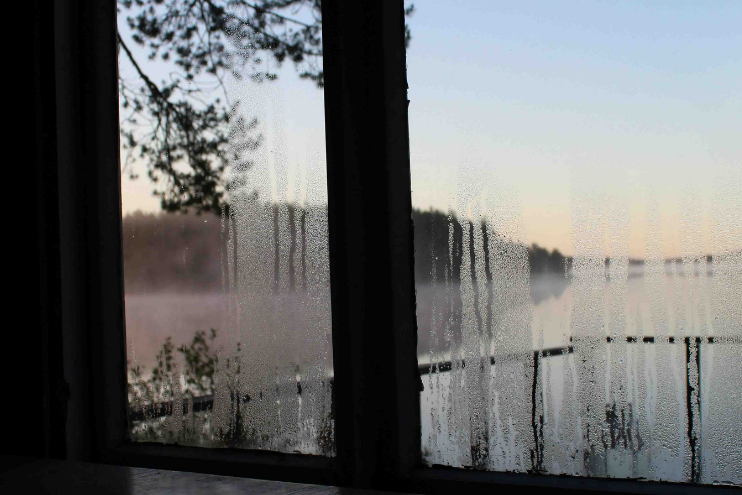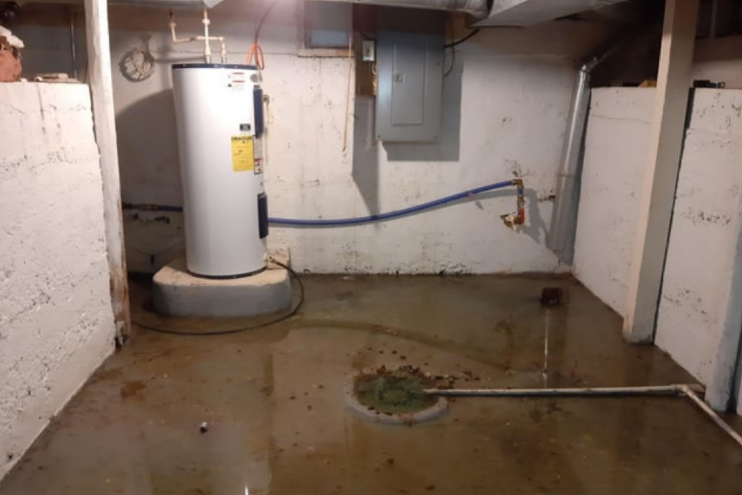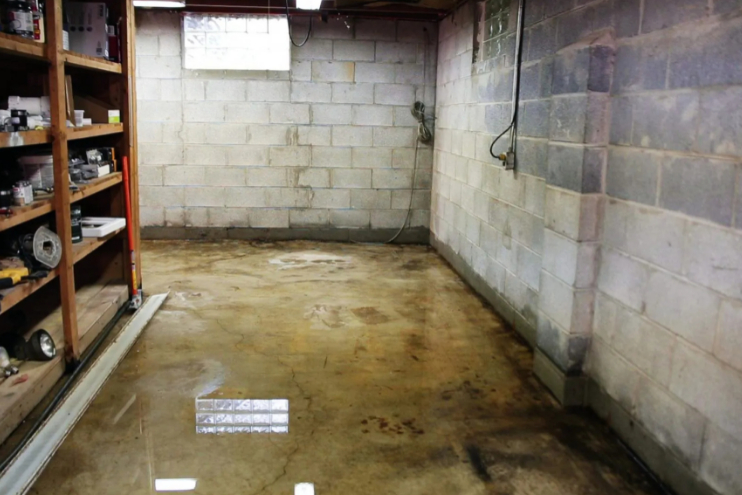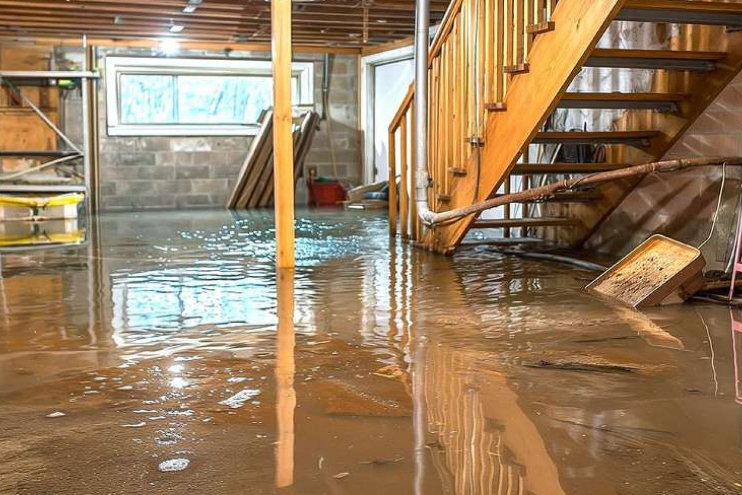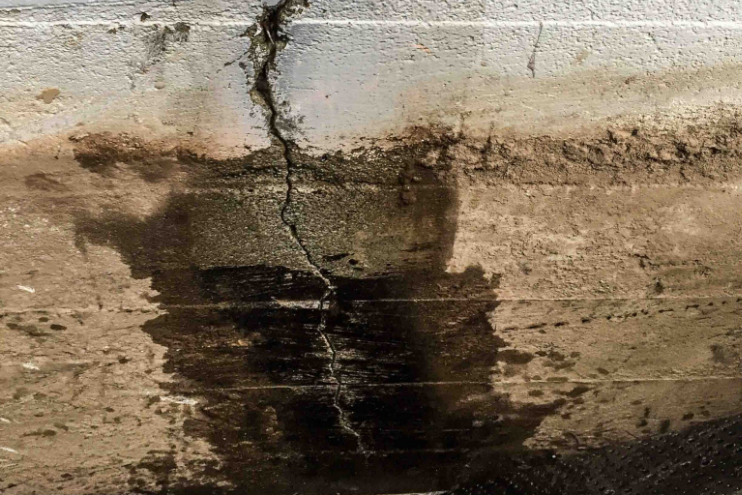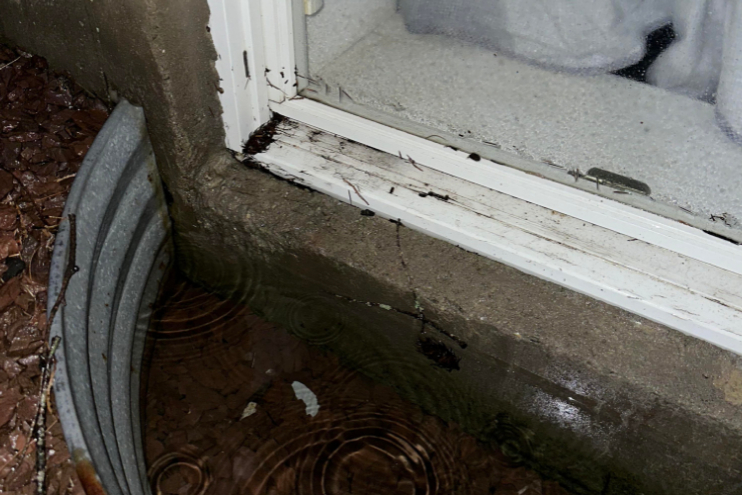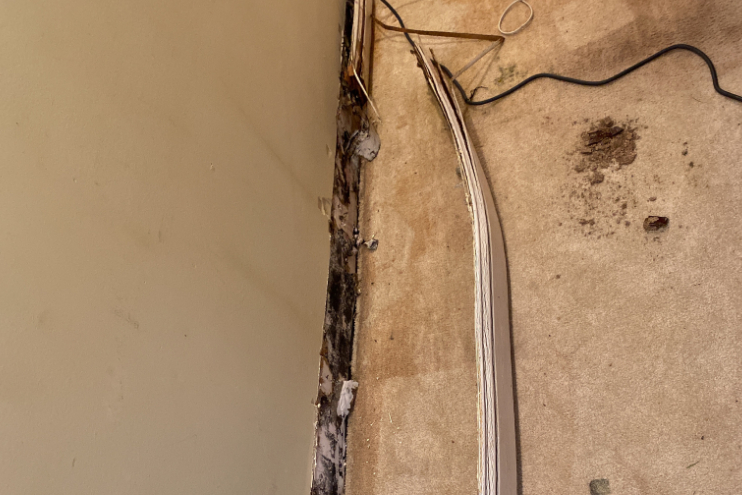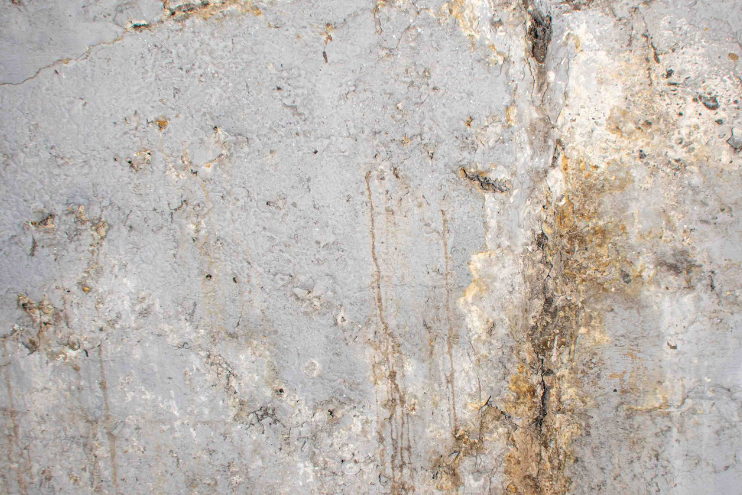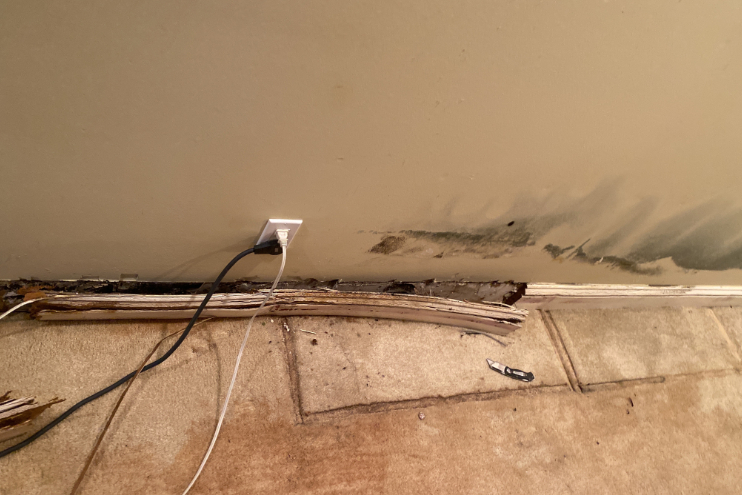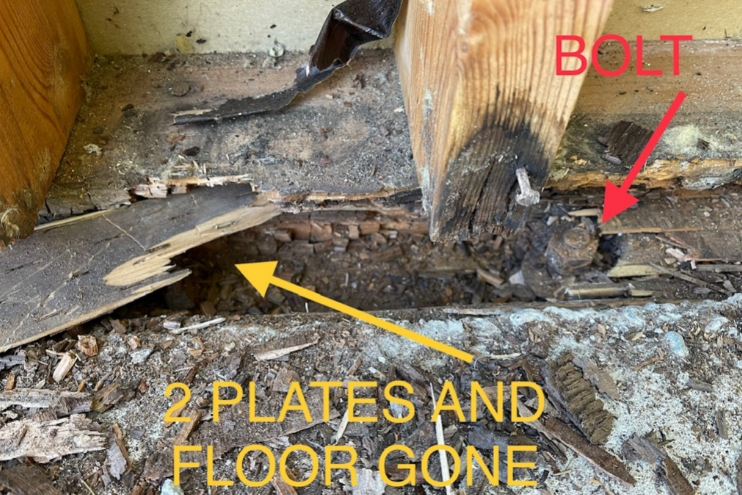What Signs Should You Watch for in Your Basement?
Various warning signs can indicate potential issues in your basement, making basement waterproofing a critical concern that deserves your attention. If you're facing waterproofing challenges, rest assured that you're not alone. Here are some key signs and symptoms to consider when addressing your basement waterproofing issues.
Signs of Water Leak Problems in Your Basement
Basement Condensation (link)
Condensation in your basement can indicate a significant problem. Typically, high humidity levels lead to condensation, especially in areas where the air cools or around pipes. If left unaddressed, this condensation can turn into standing water over time. It's best to manage humidity levels early on to prevent condensation and keep your basement as dry as possible.
Leaky Water Heater (link)
Is your water heater leaking? Many homeowners opt to keep their water heaters in the basement, which can be convenient but risky. A leak from the water heater can spread water throughout the basement, potentially causing more damage than if it were located elsewhere in the home.
Water In Cold Joint (link)
The cold joint (or basement cove), where the floor meets the walls, is a common area for waterproofing issues. Water often collects around the perimeter instead of in the middle of the basement. If you frequently find water pooling in this area, an interior drain would help to redirect it away from the walls. Be sure to contact one of our wet basement experts for quality interior drainage solutions.
Wet Basement Carpet (link)
If your basement is carpeted, it’s crucial to monitor it for moisture. Like drywall, carpet is made from organic materials that can promote mold growth when wet. Additionally, carpets can be challenging to dry thoroughly. Regularly check your basement waterproofing to prevent moisture buildup that could lead to wet carpet.
Musty Basement Smell (link)
A musty odor is often a sign of mold or mildew, which no homeowner wants to deal with. Many mistakenly believe that this smell is an unavoidable aspect of having a basement. If you notice a persistent musty smell, it indicates an unresolved water problem. Consult with a Wet Basement Services waterproofing expert to address the issue and eliminate the odor.
Efflorescence (link)
If you see a white, chalky substance on your basement walls, you may be witnessing efflorescence. While it can resemble mold, efflorescence is actually crystallized salt that forms when water evaporates from the walls. While you can remove it with a scraper, it’s essential to address the underlying water issue to prevent its return.
Wet Drywall in the Basement (link)
If your basement is finished, wet drywall can pose a serious risk. Being an organic material, wet drywall is prone to mold growth, which can degrade the space and create an unwelcoming environment. Finished basements require careful monitoring to prevent moisture-related issues.
Rusty Water Heater (link)
A rusty water heater is a warning sign that something may be amiss. Poor-quality heaters are particularly susceptible to rust if exposed to water leaks in the basement. If you notice rust, identify and resolve any sources of water near the heater to prevent further corrosion.
Basement Water Intrusion Causes
Clay Bowl Effect
Hydrostatic Pressure
Interior Leaks
Poor Foundation Drainage
Sump Pump Failures
FAQs About Basement Water Intrusion Problems
Eliminate Your Basement Water Intrusion Issues with Expert Assistance
While basement water intrusion problems are fairly common, they don't have to be as frustrating as they may seem. If you're facing basement waterproofing challenges, they can be resolved. All you need is a clear understanding of the situation and a commitment to maintaining effective waterproofing solutions.
That's where a Wet Basement Services waterproofing expert comes into play. An expert can assess your current waterproofing issues and recommend a tailored solution to address them. If you're dealing with basement waterproofing problems, reach out to a local professional to learn how to set your basement on the path to success.

